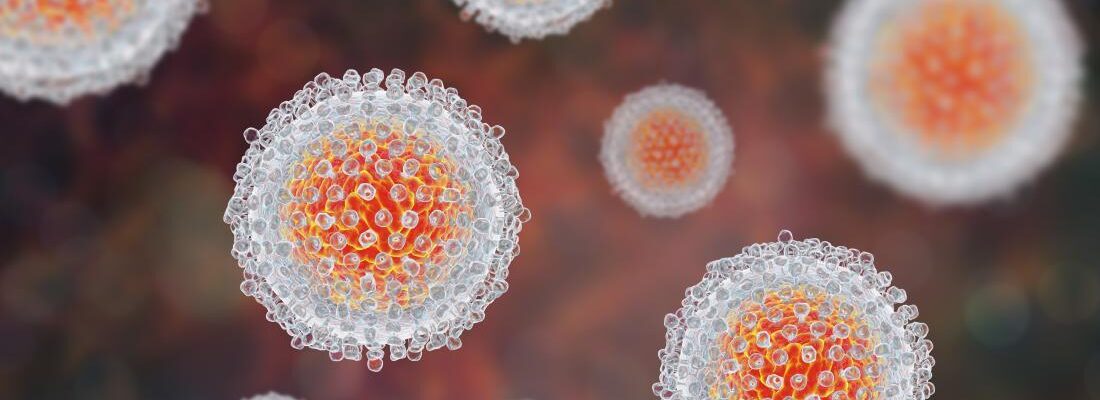Hepatitis C is a viral infection that primarily affects the liver. It can lead to chronic liver disease, cirrhosis, or even liver cancer if not detected and managed early. While symptoms of Hepatitis C are often mild or absent, confirming the infection requires specific medical tests.
Diagnostic Methods for Hepatitis C
- Blood Tests. The most definitive way to diagnose Hepatitis C is through a blood test. This test identifies the presence of Hepatitis C virus (HCV) antibodies, which indicate exposure to the virus. A follow-up RNA test can confirm if the virus is currently active in the body.
- Liver Function Tests (LFT). These tests measure liver enzyme levels, such as ALT (alanine aminotransferase) and AST (aspartate aminotransferase). Elevated levels may indicate liver inflammation or damage, often associated with Hepatitis C.
- Liver Biopsy. To determine the extent of liver damage, a liver biopsy may be performed. This involves extracting a small sample of liver tissue for microscopic examination, which helps assess the severity of liver injury caused by the virus.
- Imaging Tests. In some cases, imaging techniques such as ultrasound, elastography, or MRI may be used to evaluate liver health and detect scarring or fibrosis caused by chronic Hepatitis C.
Why Early Diagnosis is Important
Hepatitis C is often referred to as a “silent disease” because it can progress for years without causing noticeable symptoms. Early detection is essential to initiate treatment, prevent long-term liver damage, and reduce the risk of complications such as cirrhosis or liver cancer.
When to See a Doctor
If you experience symptoms such as fatigue, jaundice, dark-colored urine, or unexplained abdominal discomfort, consult a healthcare provider. Even in the absence of symptoms, individuals at higher risk—such as those with a history of blood transfusions before 1992, intravenous drug use, or exposure to infected blood—should undergo routine testing.
Hepatitis C is a manageable condition when diagnosed early. Regular health check-ups and blood tests are crucial for detecting the infection. With advances in antiviral treatments, many patients can now achieve a complete cure. Protect your liver health by seeking timely medical care and practicing preventive measures, such as avoiding risky behaviors and ensuring safe blood handling.


